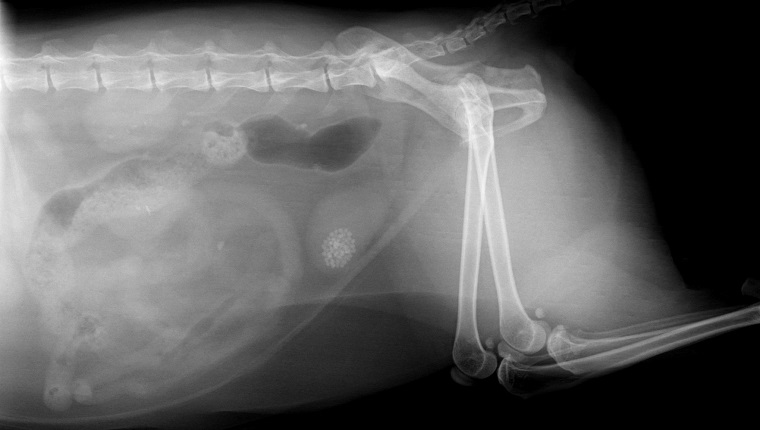Bladder stones in dogs are rock-like formations that form in the bladder, which can lead to a host of issues like chronic urinary tract infections, pain, and other bladder issues. These mineral buildups, which vary in size, are also known as uroliths or cystic calculi.
Dogs get bladder stones for a variety of reasons, and often they are able to pass them without any medical…







